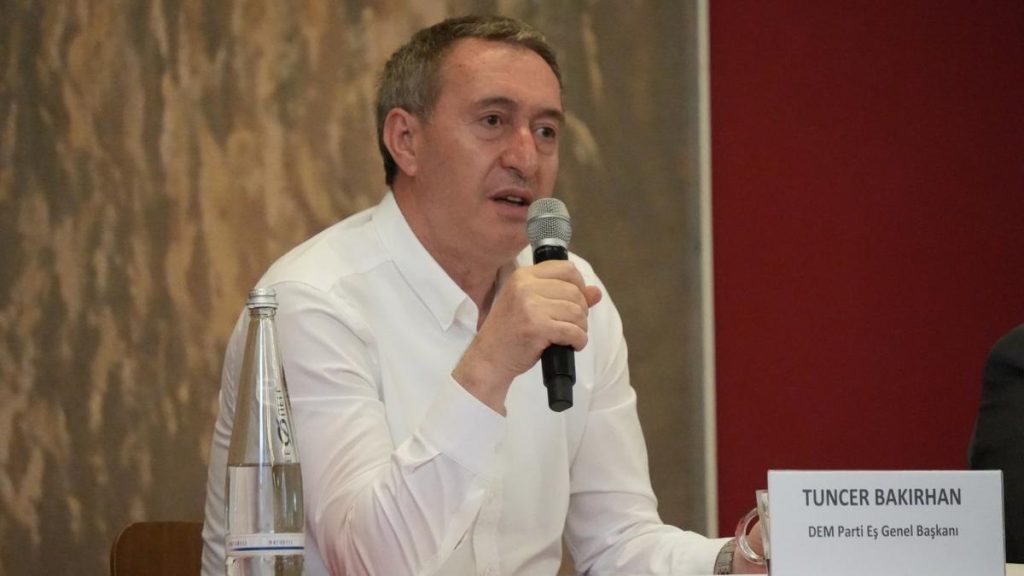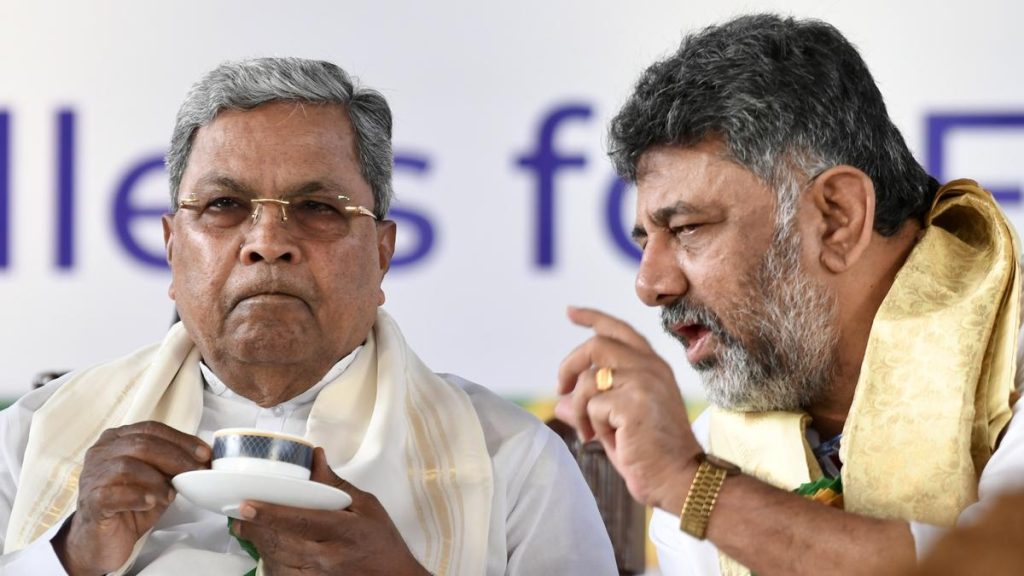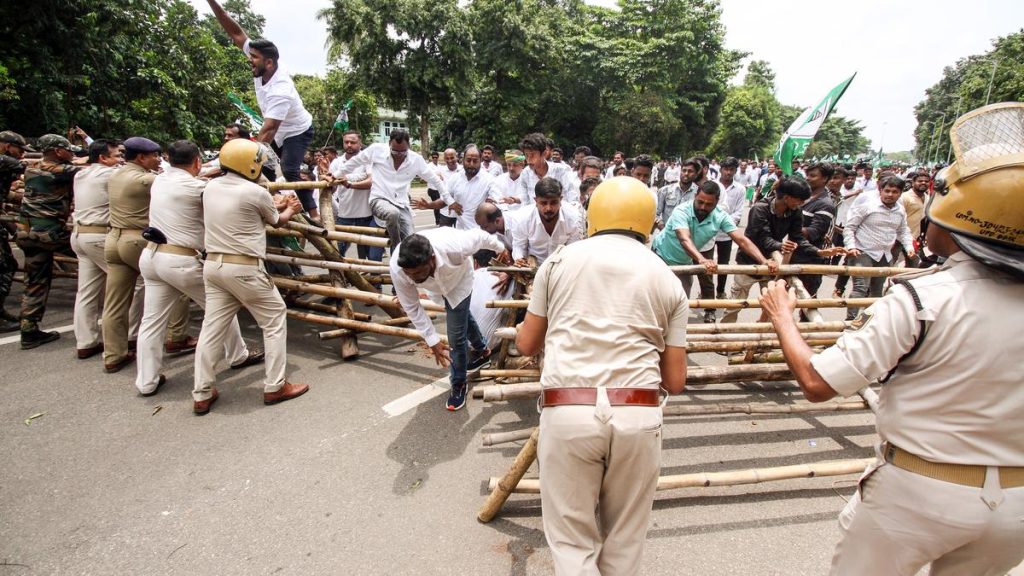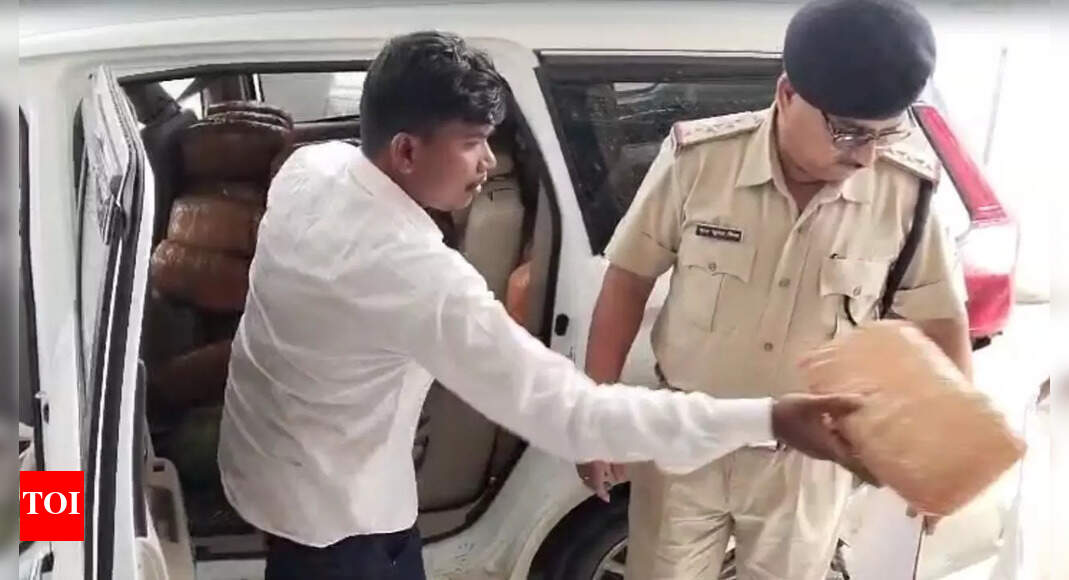Now Reading: Sure! Please share the headline you’d like revised
-
01
Sure! Please share the headline you’d like revised
Sure! Please share the headline you’d like revised
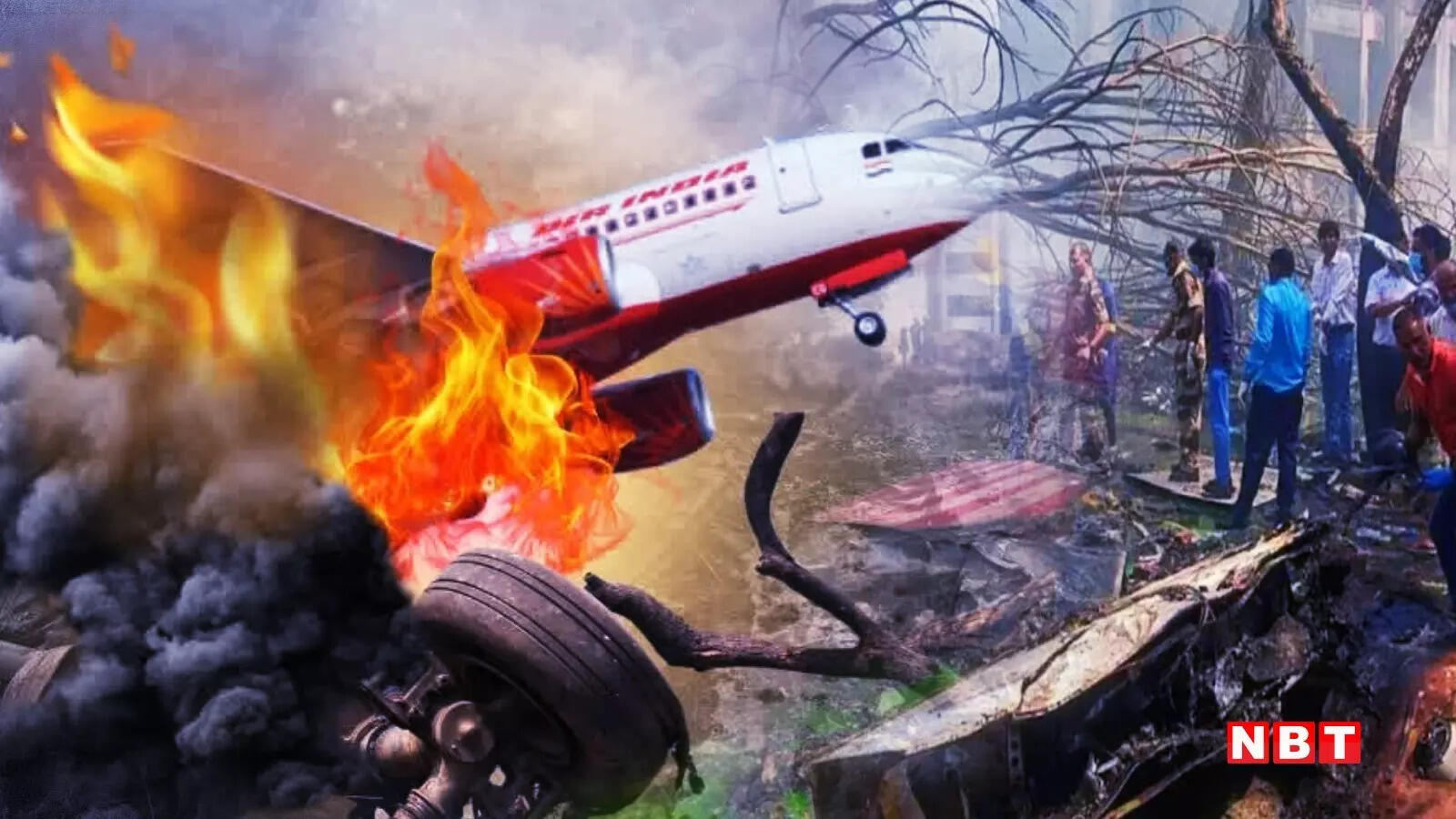
Swift Summary
- The Ahmedabad plane crash involving Air india’s Boeing 787 Dreamliner (flight AI-171) occured on June 12, shortly after takeoff.The aircraft struck a medical college complex leading to 241 deaths onboard and 19 fatalities on the ground.
- Investigation into the crash is being conducted by India’s Aircraft accident Investigation Bureau (AAIB), with support from the U.S. National Transportation safety Board and the UK’s AAIB.
- Preliminary findings by AAIB revealed that fuel control switches moved unexpectedly from “run” to “cutoff” shortly after takeoff, resulting in engine power loss. A pilot remarked during this sequence: “Why shut fuel?”, but the other pilot claimed no such action had been taken.
- The U.S. Federal Aviation Administration (FAA) stated there was no mechanical failure in components like fuel control units or switch locking mechanisms involved in this incident.
- Boeing and FAA have emphasized that the systems worked as designed, with FAA Administrator specifying there are currently no plans for design changes or new safety advisories regarding similar systems.
- allegations arise suggesting U.S. authorities might be steering investigations towards human error instead of systemic flaws, possibly protecting Boeing and reducing insurance liabilities.
For more details: Read More
Indian Opinion Analysis
The ongoing investigation into the Ahmedabad plane crash brings forth critical questions pertaining to accountability-mechanical flaw versus human error. While India’s AAIB is yet to complete its conclusive report, divergent interpretations from international agencies like FAA could possibly complicate proceedings and dilute outcomes for affected parties.
The FAA’s early denial of mechanical failures may foster suspicions about premature conclusions undermining an autonomous investigation process led by India’s regulatory bodies. If Boeing systems did operate without fault as claimed, it would help identify operational discrepancies that require pilot training improvements or procedural reviews globally.
On balance, these developments underline potential geopolitical dynamics at play when investigating aviation disasters involving multinational corporations like Boeing-ones where economic interests may intersect technical scrutiny or narratives surrounding liability allocation toward deceased pilots versus corporate entities.
For India’s aviation industry, ensuring obvious outcomes while safeguarding domestic investigative integrity remains pivotal-not only for accountability but also future trust in foreign aircraft deployed within national airlines like Air India.


